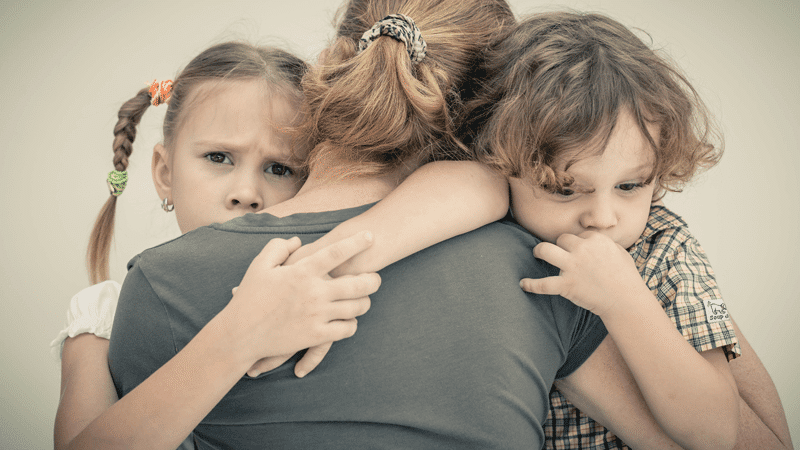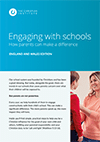Parents who home-school their children in England will have to register with their local council, under new plans.
The Government’s Children’s Wellbeing and Schools Bill, which includes mandatory ‘Children Not in School’ registers, was introduced into Parliament yesterday.
Under the legislation, parents will no longer have an automatic right to educate their children at home if they are undergoing a child protection investigation. In addition, local authorities will be allowed to require school attendance if a home environment is deemed to be unsuitable.
Increased numbers
The Bill also allows for the specification of unique identifiers for children for use by organisations working in child safeguarding, in an attempt to improve data sharing to protect child safety.
According to statistics based on this year’s census, the number of home-educated children in England has risen more than 20 per cent since last year.
Of an estimated 111,700 children in Autumn 2024, the most common reasons provided for educating them at home were for “mental health” (14 per cent) and “philosophical or preferential reasons” (14 per cent).
Rationale
Education Secretary Bridget Phillipson claimed that the Government’s Bill will “put children first at every turn”.
In an official statement she wrote: “Over recent years, there have been a number of shocking cases of children being failed by a disjointed system. The measures introduced today will write children’s best interests into law and make child-centred government a reality.”
But The Christian Institute’s Head of Education John Denning stated: “Lots of families home educate for all sorts of reasons: they may find local schools are not providing properly for their child’s special needs, or not effectively protecting them from bullying, or they may be unhappy with what the school is teaching on controversial social issues.
“It may simply be that during lockdown, they taught their child at home, it was a positive experience for them and their children, and they’ve decided to continue with it.
Caution
Mr Denning continued: “This is a decision parents must remain free to make. We should be very careful about the state interfering in that decision – unless of course the child is suffering, or is likely to suffer, significant harm in which case the state rightly already has the power to intervene under the 1989 Children Act.
“A compulsory register of home educators implies parents need permission from the state to educate their own children.”
He concluded: “It’s not hard to imagine it turning into a scheme to impose conditions for registration, where a parent effectively has to educate in a state-approved way.”
Individual differences are the product of the interplay between the individual person and his upbringing and environment. Different upbringings produce different people. The first thing that a totalitarian regime tries to do is to get at the children, to distance them from the subversive, varied influences of their families, and indoctrinate them in their rulers’ view of the world. Within limits, families must be left to bring up their children in their own way.
From the UK Supreme Court ruling on The Christian Institute’s historic case against the Scottish Government’s Named Person scheme
‘Free society’
In 2022, the Conservative Government’s Schools Bill intended to force local authorities to create registers of home-educated children. The Bill was later dropped.
Baroness Fox of Buckley told the House of Lords that “the cloud of suspicion being created, that this is a potential assault on deeply held religious and philosophical freedoms, is something we should all take seriously as democrats who support a free society”.
She added: “After all, it is not the law that you have to school your child, simply that you have to educate them”.
Section 7 of the Education Act 1996 states: “The parent of every child of compulsory school age shall cause him to receive efficient full-time education… either by regular attendance at school or otherwise.”



